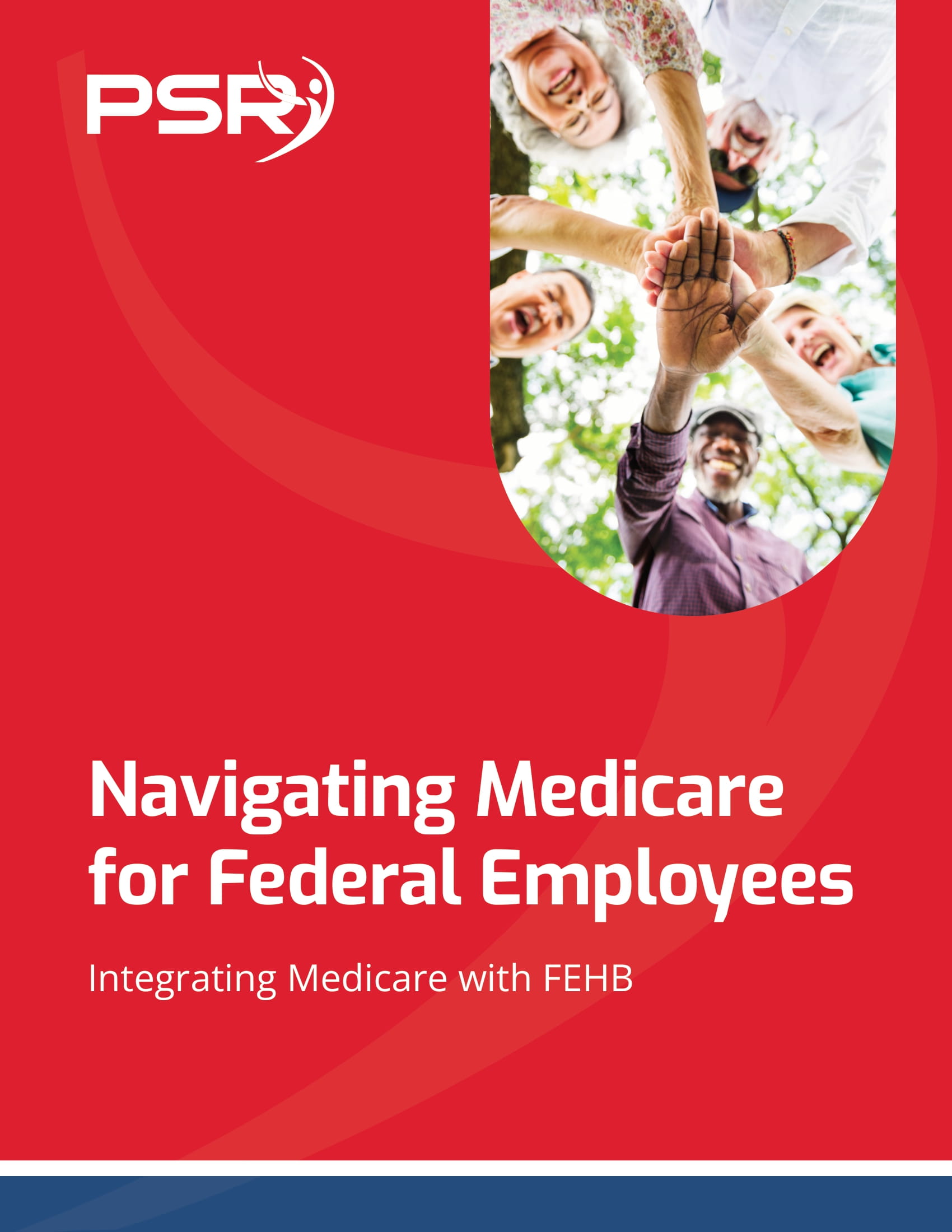Key Takeaways
- Civilian military employees are set to experience notable changes in benefits programs, affecting retirement, healthcare, and more.
- Understanding these updates ensures you can adapt and make the most of your benefits package in 2025 and beyond.
What’s Changing for Civilian Military Employees?
If you’re a civilian military employee, you’re no stranger to juggling multiple responsibilities while ensuring you stay informed about your benefits. Recent updates are creating buzz, and you’ll want to stay ahead of the curve. These changes aren’t just minor tweaks—they could impact your retirement plans, healthcare choices, and financial strategies. Let’s break it all down so you can make the best decisions moving forward.
Retirement Benefits Get a Makeover
Enhanced Opportunities with the Military Buyback Program
- Also Read: Divorce and Your Federal Pension—What Happens When You Split Assets and How It Could Affect Your TSP
- Also Read: What Happens to Your Federal Benefits After Divorce? Here’s the Lowdown
- Also Read: The Best FEHB Plans for 2025: Which One Fits Your Lifestyle and Budget the Best?
To take advantage, you’ll need to pay a deposit based on your military earnings, but with deadlines approaching in the next few years, acting sooner rather than later is critical.
Changes in Retirement Calculations
For those covered by FERS, slight adjustments in the calculation of annuities could be on the horizon. This means your high-3 salary average, used to determine your pension, might be influenced by shifting pay scales or potential restructuring in civilian roles.
Health Insurance Adjustments You Need to Know
Rising FEHB Premiums for 2025
The Federal Employees Health Benefits (FEHB) program continues to be a cornerstone of healthcare for federal employees, but premiums are expected to increase significantly in 2025. On average, rates will rise by about 13.5%, so preparing your budget accordingly is a smart move.
Medicare Coordination Simplified
If you’re approaching age 65, you’re likely considering how Medicare will integrate with your FEHB coverage. Some streamlining efforts aim to make coordination easier, reducing the confusion surrounding dual enrollment. However, it’s still a good idea to review your options annually during Open Season, especially if your needs or family situation has changed.
Thrift Savings Plan Updates That Could Boost Your Savings
Your Thrift Savings Plan (TSP) just became even more powerful with recent contribution limit increases. In 2024, the annual limit rose to $23,000, with an additional $7,500 catch-up contribution for those 50 and older. This trend is expected to continue, enabling you to supercharge your retirement savings.
The SECURE 2.0 Act, set to take full effect in 2025, will introduce additional catch-up opportunities for employees aged 60-63, giving you even more flexibility. If you’ve been on the fence about maxing out your contributions, now might be the time to rethink your strategy.
Enhanced Work-Life Balance Benefits
Paid Parental Leave
One of the most talked-about changes is the expansion of paid parental leave for federal employees, including those in civilian military roles. If you’re planning to grow your family, you can now enjoy up to 12 weeks of paid leave, ensuring you don’t have to choose between career and family.
Telework and Hybrid Models
Flexible work arrangements aren’t new, but they’re being formalized in ways that could benefit you. Telework policies are expanding, offering more options for hybrid schedules. This is particularly beneficial for employees in administrative or logistics roles who may not need to be on-site full-time.
Social Security and Its Evolving Role
If you’re covered by FERS, Social Security plays a crucial role in your retirement planning. For 2024, the earnings limit for those under full retirement age is $22,320, allowing you to earn more while drawing benefits. For civilian employees planning early retirement, understanding how the Windfall Elimination Provision (WEP) might affect your Social Security benefits is vital.
CSRS employees, on the other hand, should note that they are generally exempt from Social Security contributions unless they’ve worked in other covered employment.
Life Insurance Changes That Might Surprise You
If you rely on the Federal Employees’ Group Life Insurance (FEGLI) program, there are some changes to keep an eye on. Premiums tend to increase with age, and many retirees find that the cost becomes prohibitive in their later years. Reviewing your coverage during your career and considering private options or additional savings strategies may help mitigate future challenges.
What About Former Spouses?
Divorce is never easy, but it’s important to understand how it impacts your benefits. Under court orders, your pension, TSP, and even FEGLI policies can be divided. Recent updates clarify how benefits are allocated in these cases, ensuring a fair split for all parties involved.
Law Enforcement and Special Provisions
If you’re a civilian employee in a law enforcement-related role, your retirement benefits differ slightly. You may be eligible for earlier retirement with more favorable annuity calculations. Keep in mind that you might qualify for the Special Retirement Supplement (SRS), which bridges the gap until Social Security kicks in.
Key Deadlines and Enrollment Periods
To navigate these changes effectively, you’ll need to keep track of critical deadlines:
- Open Season for FEHB and TSP elections: November 11 to December 9, 2024
- General Enrollment Period for Medicare: January 1 to March 31 each year
- Annual Financial Review: Set a reminder to review your TSP contributions, FEHB plan, and retirement strategy annually.
What’s Coming in 2025 and Beyond?
Federal benefits are rarely static, and the upcoming year promises additional developments:
- Retirement System Updates: Adjustments to FERS and CSRS contributions are being explored to address long-term sustainability.
- Healthcare Integration: Closer alignment between FEHB and Medicare for those nearing retirement age is on the table, potentially streamlining coverage options.
- TSP Enhancements: Expect more features aimed at improving accessibility and investment diversification.
Maximize Your Benefits with Smart Planning
The changes coming your way are significant but manageable if you stay informed and proactive. Take time to review your benefits, adjust your financial strategies, and consult experts where needed. The effort you invest today will pay off when it’s time to retire or make a big life decision.
Looking Ahead to a More Secure Future
Your benefits are a vital part of your career and retirement security, and staying updated ensures you won’t miss out on new opportunities. With these changes on the horizon, it’s never been more important to take control of your future.











